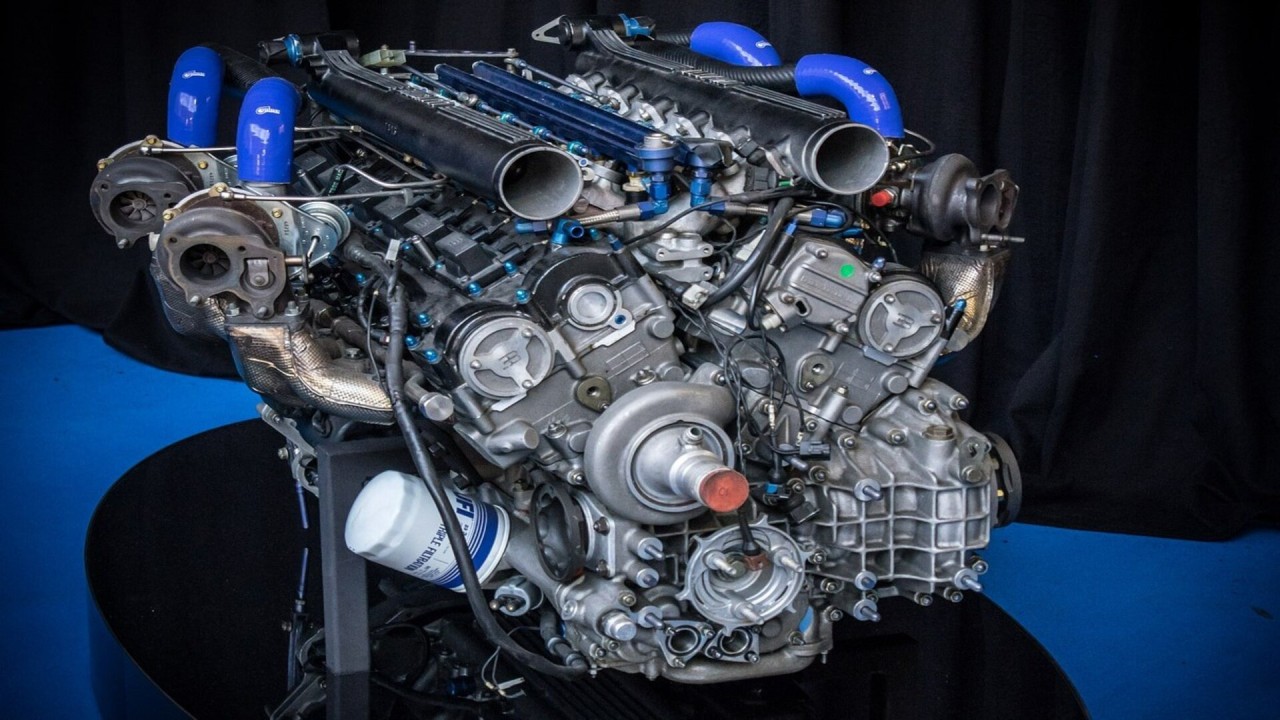A Full Overview to Buying from Engines For Africa
A Total Guide to Picking the Right Engine for Your Task
Selecting the proper engine for your task is a crucial choice that can significantly impact its general success. It is vital to diligently specify your job requires, evaluate performance demands, and take into consideration user-friendliness alongside other vital variables. In addition, recognizing the area support readily available and inspecting cost ramifications can better refine your selection. Each of these components plays a pivotal duty in guaranteeing that your picked engine not just meets immediate objectives but likewise lines up with long-lasting ambitions. As we explore these factors to consider, you might locate that the nuances of each element expose even more than at first expected.
Define Your Job Needs
Specifying your job needs is a critical step in selecting the proper engine for successful execution. A detailed understanding of your job's purposes will direct you in determining the functions and capabilities required from an engine. Begin by describing the extent of your task, consisting of the preferred functionality, target audience, and the certain results you intend to accomplish.
Next, think about the technical requirements that align with your job objectives. This consists of reviewing the compatibility of the engine with existing systems, in addition to the programming languages and frameworks that will certainly be utilized. Furthermore, analyze the level of scalability needed to suit future growth or modifications in need.
Budget constraints likewise play an essential role in defining your job requires. Develop a clear financial framework to direct your decision-making procedure, ensuring that the engine selected fits within your budget while supplying the essential capability.
Evaluate Performance Requirements

Following, consider the scalability of the engine. Evaluate whether it can deal with boosted work as your job expands. Engines that support horizontal scaling are usually preferable for bigger applications. Additionally, evaluate the engine's performance under various problems, such as peak use situations, to ensure it satisfies your dependability criteria.
Consider Ease of Usage
While technological specs are vital, the ease of usage of an engine can significantly affect the advancement process and total task success. An instinctive user interface, clear documents, and structured process can substantially minimize the knowing contour for designers, enabling them to concentrate on imagination and problem-solving as opposed to coming to grips with complex devices.
When examining an engine's ease of usage, think about the onboarding experience. A well-structured intro, total with tutorials and example jobs, can facilitate a smoother shift for new individuals. Additionally, the you could try these out clearness and comprehensiveness of the engine's documentation play an essential function; thorough guides and API referrals can empower designers to troubleshoot and carry out features effectively.
An additional aspect to take into consideration is the engine's customization capabilities. An engine that enables easy more tips here alterations can be a lot more straightforward, as programmers can tailor it to fit their certain demands without comprehensive problem. Evaluate the process combination with platforms and tools you already use. A natural ecological community can enhance efficiency and minimize rubbing throughout the growth procedure. Inevitably, picking an engine that focuses on convenience of usage can lead to a more pleasurable and efficient growth experience.
Assess Neighborhood and Assistance
The strength of an engine's neighborhood and support network can significantly affect a programmer's experience and success. A lively area often suggests a riches of shared knowledge, resources, and repairing help that can improve your project's growth procedure. When evaluating an engine, consider the dimension and activity degree of its area. Larger neighborhoods usually provide more discussion forums, tutorials, and third-party plugins, allowing developers to locate remedies much more efficiently.
Additionally, assess the schedule of official assistance networks. Trustworthy documentation, receptive customer assistance, and regular updates are necessary for dealing with technological issues and keeping your task on track. Engines For Africa. Energetic communities likewise cultivate collaboration, providing opportunities for networking and comments, which can be vital, particularly for independent programmers or small teams
In addition, investigate the existence of community-run occasions, such as meetups or hackathons. These events can enhance your understanding of the engine while attaching you with possible partners and experienced users. In recap, a durable area and support system not only improve advancement yet additionally create an environment conducive to discovering view and advancement, inevitably boosting the likelihood of your project's success.
Compare Expense and Licensing Choices
Spending plan factors to consider play an important function in choosing the ideal engine for your job, as the price and licensing alternatives can dramatically affect both short-term expenses and long-term viability. Engines For Africa. Different engines offer differing rates frameworks, which can consist of one-time purchase charges, registration designs, or revenue-sharing contracts based on your project's earnings

Certifying choices also differ significantly. Some engines are open-source, offering flexibility and community-driven assistance, while others might need proprietary licenses that limit use and distribution. Understanding the ramifications of each licensing model is crucial, as it impacts ownership legal rights, future scalability, and potential lawful responsibilities.
Conclusion
Finally, picking the proper engine for a project requires an extensive evaluation of specified job requirements, performance needs, convenience of usage, neighborhood support, and price factors to consider. By systematically addressing these critical variables, decision-makers can guarantee alignment with both future and current task demands. An educated choice inevitably enhances the chance of task success, allowing effective source allotment and making best use of potential results within the defined monetary constraints.
Choosing the ideal engine for your project is a critical decision that can dramatically affect its total success.Defining your job requires is a crucial step in picking the appropriate engine for successful execution. A comprehensive understanding of your job's purposes will assist you in identifying the capacities and attributes required from an engine.Once you have a clear understanding of your job requires, the following action is to evaluate the performance requirements of the engine.In verdict, choosing the appropriate engine for a project requires a complete examination of specified job needs, performance demands, simplicity of usage, area assistance, and cost considerations.